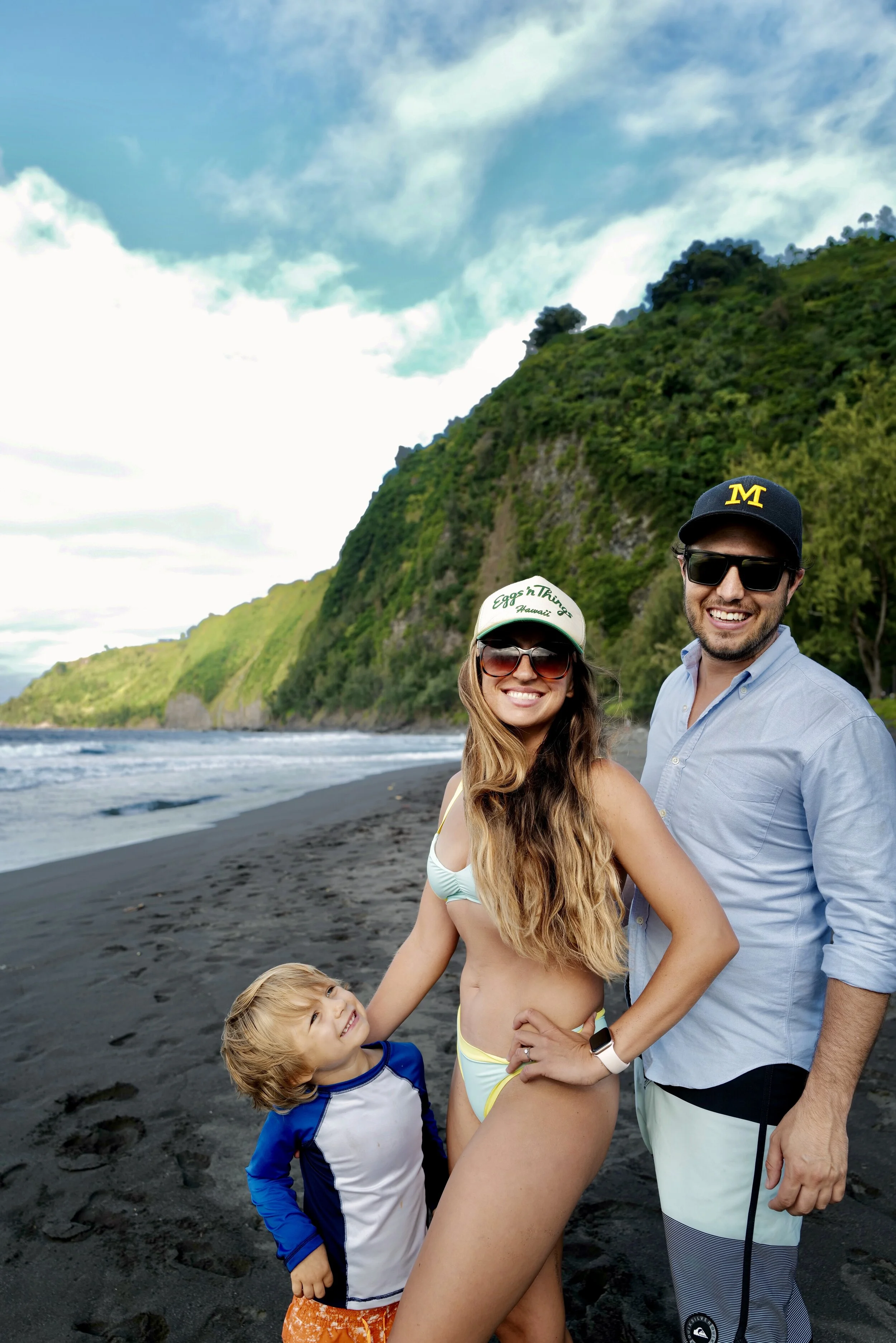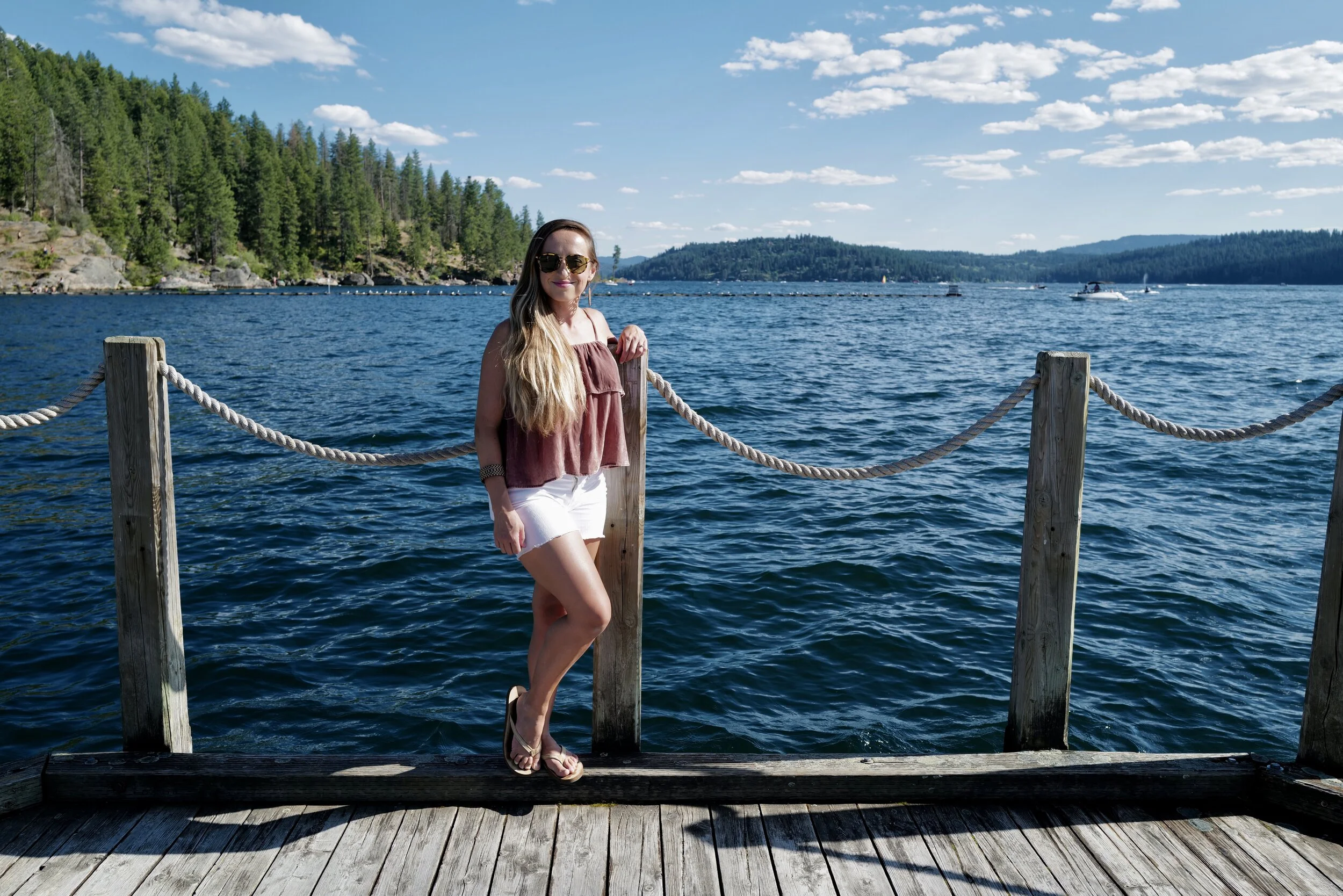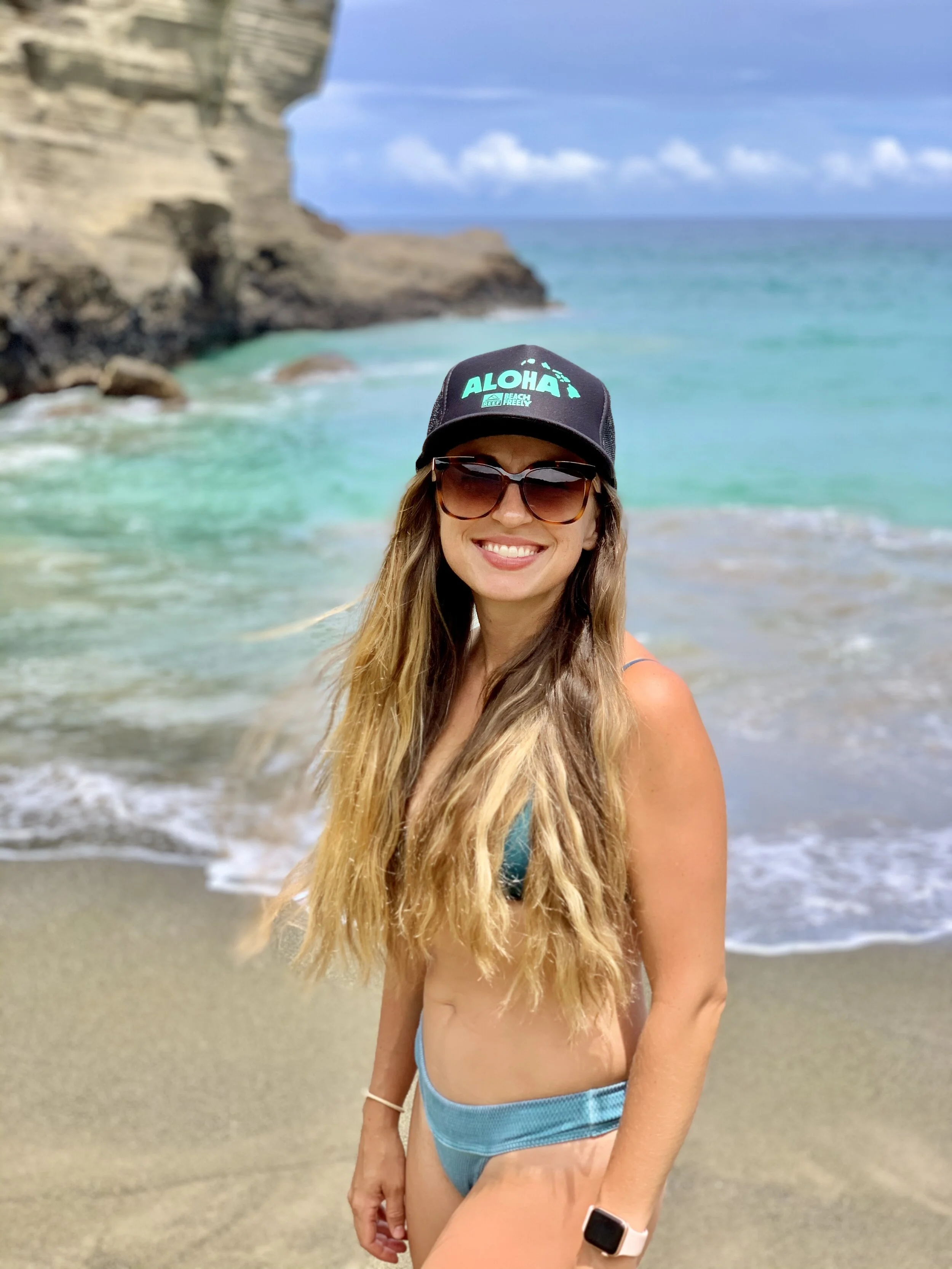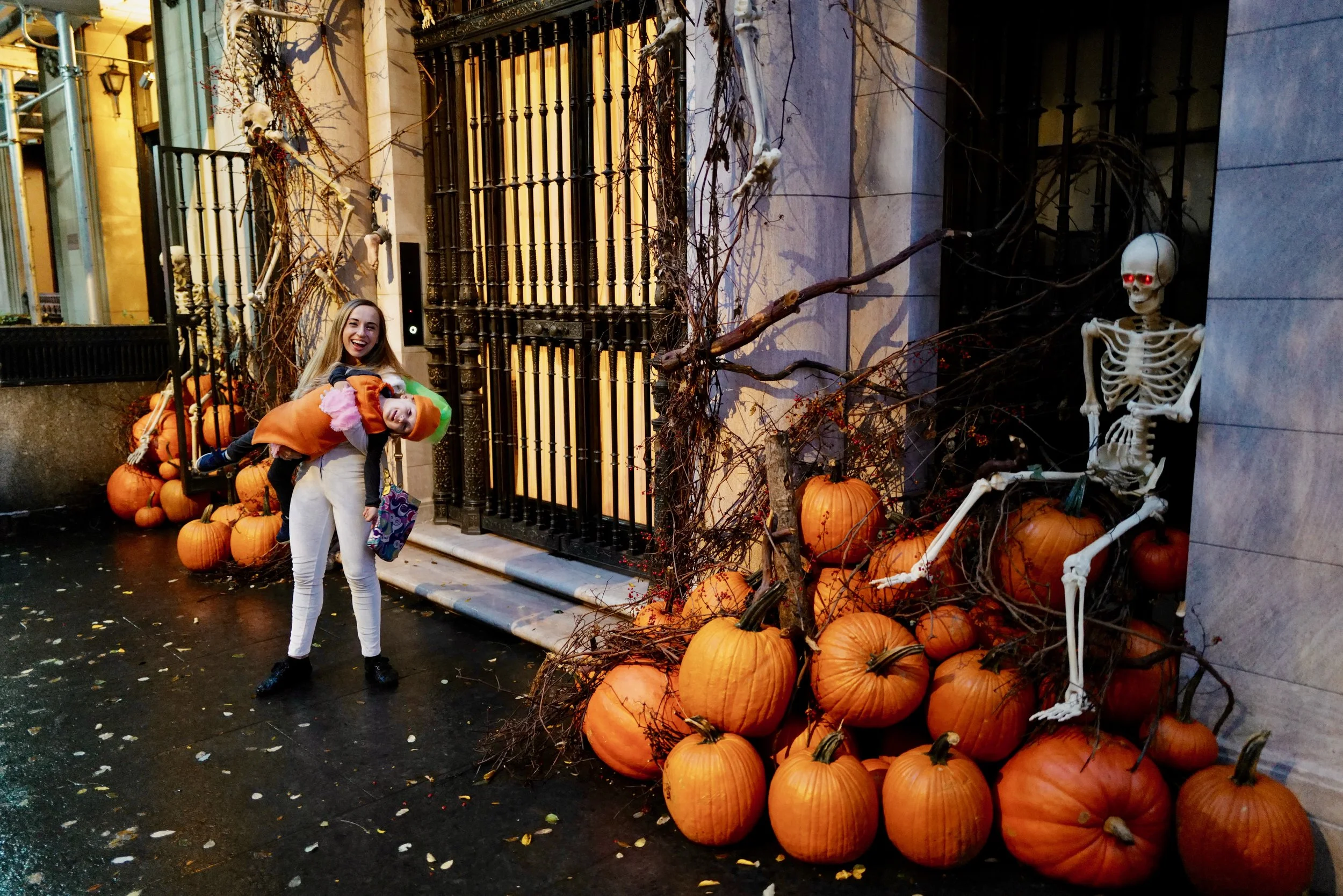Waipio Valley – Off-Roading on the Big Island of Hawaii
Aloha! The Waipio Valley, I would say, is one of the most gorgeous places on Earth. It is known as the “Valley of the Kings.”
If you visit the Big Island of Hawaii, this is a must-go place. I’ve written a travel guide below on the Waipio Valley that I hope is helpful for those planning a trip after COVID ends. Enjoy!
The History of Waipio Valley
The Waipio Valley is considered a sacred place for the Hawaiian people. Generations of Hawaiians lived down in this valley for years, including famous chiefs and kings that led the Hawaiian people. They lived off the land and grew everything that they needed to flourish. It was very built-up with restaurants, schools, churches, a jail, a hotel, and a post office. There was thought to be between 5,000 - 10,000 people living in the valley.
In 1946, there was a tsunami that changed this valley completely. Back then they didn’t have the technology to warn people when a tsunami was coming, making them completely unprepared. The tsunami washed out the valley, forcing people to leave their precious homes and lives behind. For years the Waipio Valley was left untouched and abandoned.
In the late 60’s and early 70’s, people started gradually moving back to the Waipio Valley. The population has grown little by little and currently there are about 50 people living there. The people live a private life, living off the land and growing everything that they need to survive. Most people are farmers and fishermen. These people are very protective of this valley and are leery of any visitors coming through. Visitors stick out easily and are not usually very welcome. The people there enjoy their simple lifestyle and aren’t fond of tourists coming to disturb it. But with that being said, people still visit, locals and tourists, and you will be fine going. Just be respectful, kind, and avoid eye contact with the locals if possible unless they approach you.
The Waipio Valley Lookout
When you first arrive at the entrance of the Waipio Valley, this is what you see. Complete paradise. It looks like a green screen shot because it is just so perfect. I think I sat and stared at this lookout view for a good 10 minutes. Isn’t it stunning? The massive cliffs, the black sand beach, the ocean, the greenery. . . Make sure to bring your camera!
How to Get Down to the Waipio Valley?
Getting to the lookout and enjoying the view is the easy part. Getting down inside of the Waipio Valley is a little trickier. There is only one road down, and it is very steep. (a 25% grade) It’s an off-roading, one-way, very narrow road with a cliff on one side. It would be dangerous to go down without the proper vehicle, impossible even. To successfully get down into the valley, you need a 4WD vehicle. The first time Nate and I came here 10 years ago, we were driving a Dodge Challenger rental car. We enjoyed the lookout but then left because we knew we couldn’t make it down into the valley safely with the car that we had. This time around we had a Jeep, and we made it down easily without any problems.
If you don’t have 4WD you shouldn’t attempt to go down this road. When we were there, we saw a car that tried to drive down and didn’t make it. They got stuck. A tow company had to come and rescue them, pulling them back up the steep road and into the parking lot.
Hiking down into the valley is also another option. We saw a handful of people doing it. It will be tricky at times to move out of the way when cars need to pass since the road is so narrow. It also will be a very steep hike, but I always say, when there’s a will there’s a way. If that’s your only mode of transportation down into the valley then maybe it is worth a shot. But going up will be quite the workout. Maybe you could hitch a ride with a local going up if you catch them in a good mood.
Many of the roads in the Waipio Valley look like this.
The Fork in the Road
Once you are headed down into the valley continue on down the road. At about the half way mark, there is a fork in the road. If you keep left you will go on a scenic drive through the locals’ territory. We saw people working the land. We saw a guy sun bathing in a lawn chair in front of his house. We saw a large group of young people piled into the back of a truck bed driving through a road full of water. It was interesting to observe the lifestyle down there and see how they live. It almost felt like we had entered into another world or had gone back in time because it was just so different than the rest of the Big Island. Such a simple life. Going left at the fork also allows you to see the 1,450 ft. twin waterfalls. One waterfall had a stronger stream than the other. You can’t get close to them from the road, but it is still fun to see them from a distance. If you’re wondering how far you can go, you can legally go until the sign that says, “Keep Out, No Trespassing.” (See the pic below) Supposedly, after this sign is private property and visitors are not allowed. Before this sign, it is all public land that anyone is allowed to be on.
If you keep right at the fork in the road, it will take you down to the black sand beach. After we ventured left for a while and saw the sign, we drove back to the fork and went right. This beach is so gorgeous with velvety smooth sand. You can easily park here and enjoy the day. It is a gorgeous forest area with really unique looking trees. There are signs that tell of ancient burial grounds and asking visitors to please show respect. There was even a portable toilet here for visitors to use.
Many of the roads that you drive on in the Waipio Valley are full of water. We found ourselves driving through “road rivers” to cross the road. In the Jeep it was doable and actually really fun. By the end of the day, the Jeep had mud splattered on it everywhere from driving through all the water and off-road trails. We were destined for a major car wash the next day, and that is exactly what we did.
“Keep Out, No Trespassing” This is the place where visitors must turn around and go back.
The road heading to the black sand beach.
The Black Sand Beach
This beach is one that you don’t want to miss. The Big Island is full of so many different varieties and colors of sand. It’s one of the reasons why I love this island so much. It is so diverse! This beach is incredible. I could have stayed here all day. The waves were high when we came, so we didn’t do much swimming. Instead, we explored, walked, put our feet in the water, and just enjoyed our time together.
A local fisherman catching his fish dinner from the ocean.
The farthest west end of the beach.
The River at Waipio Valley
As you walk further down the beach you will reach a river that mixes with the ocean water. The name Waipio means “curved water,” talking about this river that curves its way into the valley. It is shallow in places but then goes about knee deep in the middle. To walk along the entire beach shore line, you have to cross this river. It’s the only way to get there. This is a bit tricky because the large black rocks on the bottom of the river are very slippery. Jimmy and I stayed on the closer side and played while Nate decided to cross it and venture out to the rest of the beach area. (This river is difficult to cross with a small child, so we didn’t risk it.)
Jimmy enjoyed playing near the river and “catching fish.” There were the tiniest little guppies swimming around. Jimmy joined in with two other boys and together they attempted to catch them. They actually caught a couple and were so excited about it. It was fun for Jimmy to find some other children to play with along the river. We visited on Memorial Day weekend, so this area was a little busier than I imagine it normally is on a regular day.
Wild Horses at Waipio Valley
When the 1946 tsunami happened, the people living in the Waipio Valley weren’t the only ones affected. There were many animals that were affected too. Many horses survived the tsunami but were abandoned by their owners. They were left to fend for themselves and eventually became wild over the years. But to call them wild really isn’t completely true. These horses were so friendly and came right up to us. They wanted attention and food. We were able to give them attention but sadly, we didn’t have any food for them. Maybe bring a bag of carrots when you visit? They are pretty small in size compared to typical horses. It was so neat to see them run wild and free in this beautiful valley.
Where to Eat Near the Waipio Valley?
Being the City Nibbler, I am always looking for good places to eat wherever I go. Before we arrived at the Waipio Valley, we stopped in Honokaa at the famous Tex Drive-In for their delicious malasadas. This place has been around since 1969. A local favorite, Malasadas are a fried donut ball that is filled in the center with different flavored cream fillings. We tried their bavarian cream, mango cream, and coconut haupia cream. I would recommend the coconut haupia cream malasadas. They were absolutely amazing. We went through the drive-thru, and we could see the ladies in the back kitchen area making the malasadas right there by hand. Ours came out fresh and hot and melted in our mouth.
Tex Drive-In is also a lunch option if you’re hungry for something besides dessert. They make a variety of Hawaiian food and hamburgers. I can’t vouch for their food because we didn’t try it. We only ordered malasadas. But by the reviews, it seems like a highly regarded place for lunch too.
45-690 Pakalana St, Honokaa, HI 96727
The town of Waimea is a very cute place to visit with some good food options. Coming from Kona, we stopped in Waimea before heading to the Waipio Valley. We got lunch at a grass-fed local hamburger place called Village Burger in a shopping center there. It was really good, except I wouldn’t recommend the vegetarian taro burger. It wasn’t my favorite. But Nate loved his hamburger, and the chili cheese fries and butterscotch milkshake were great!
67-1185 Mamalahoa Hwy, Waimea, HI 96743
I hope you enjoyed reading about our visit to the Waipio Valley. If you have any questions, please comment below and I will be sure to respond. Enjoy your trip!
If you are wanting more information about what to do on the Big Island, be sure to check out my blog post on The Green Sand Beach.

















